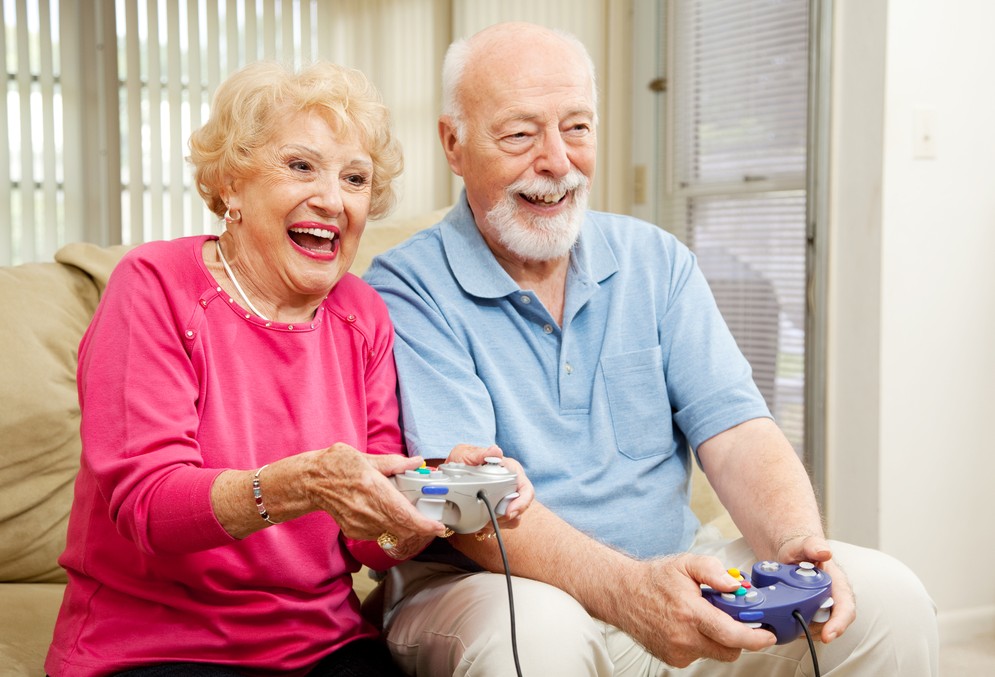http://israel21c.org/news/video-games-prove-best-therapy-for-stroke-rehabilitation/

Photo via Shutterstock
New research from a Tel Aviv University study shows that people recovering from a stroke are more physically active during rehabilitation sessions when they play video games than those who rely on traditional motor therapy.
Occupational therapist Dr. Debbie Rand of Tel Aviv University’s Stanley Steyer School of Health Professions at the Sackler Faculty of Medicine, says her research shows that stroke victims who play video games in therapy make more movements overall than those in traditional motor therapy. In her study, players performed double the number of arm movements during each session compared to patients in traditional therapy, and all of their movements were purposeful or “goal-directed” and not just repetitive exercises.
Beyond the physical advantages, Dr. Rand believes that video games could be an excellent alternative to traditional therapy simply because they’re more fun. She says that if patients are enjoying the therapy experience, it’s more likely that they will adhere to the therapy regime long-term. The study was done in collaboration with a team from Sheba Medical Center and funded by the Marie Curie International Reintegration Grant. The results were presented at the Ninth International Conference on Disability, Virtual Reality and Associated Technologies. Rand now plans to investigate whether these interactive video games will be as effective if they are used independently by patients at home to keep up activity levels — a crucial element of rehabilitation following a stroke.
No comments:
Post a Comment